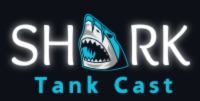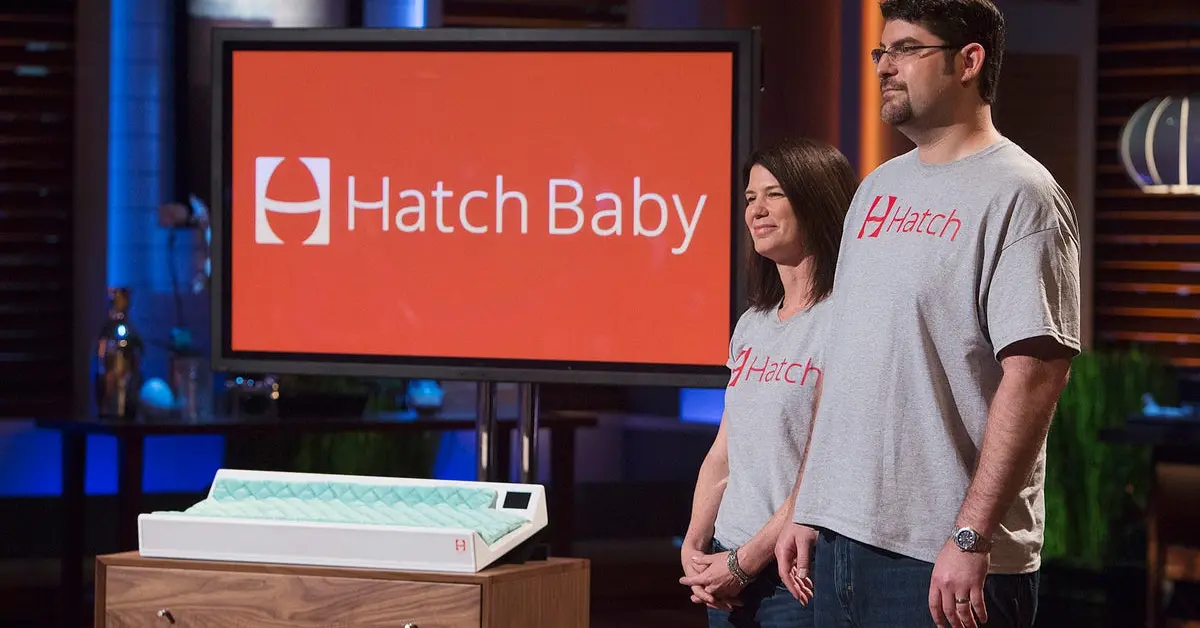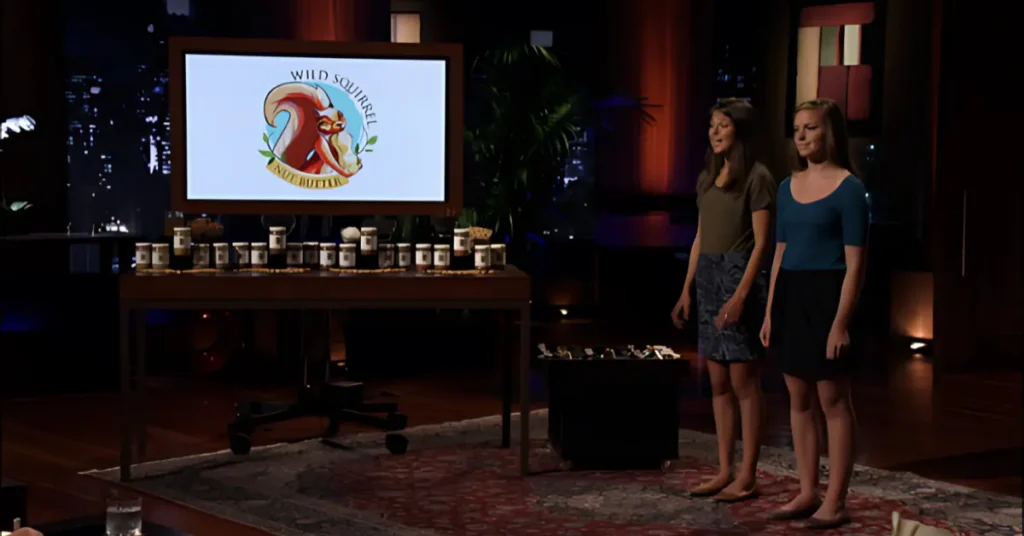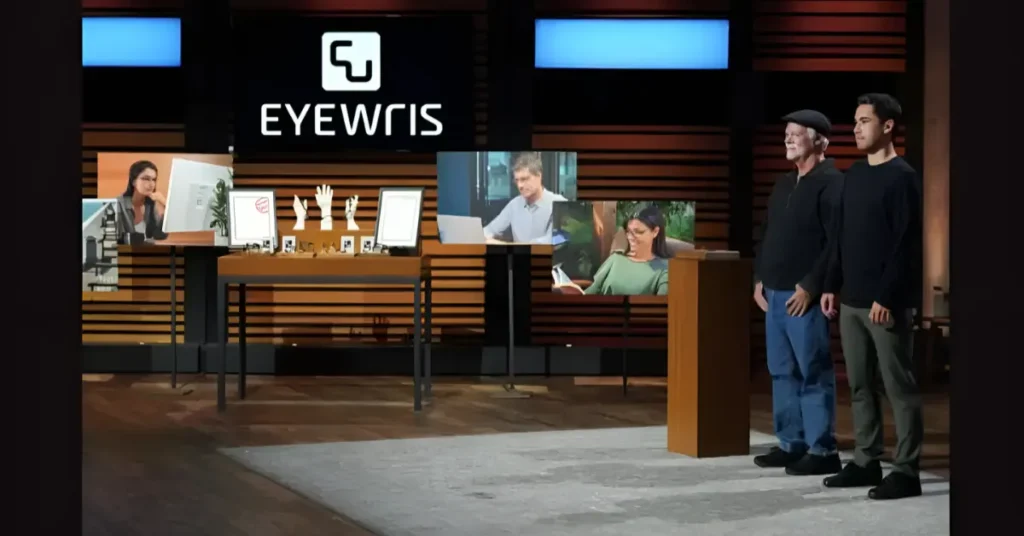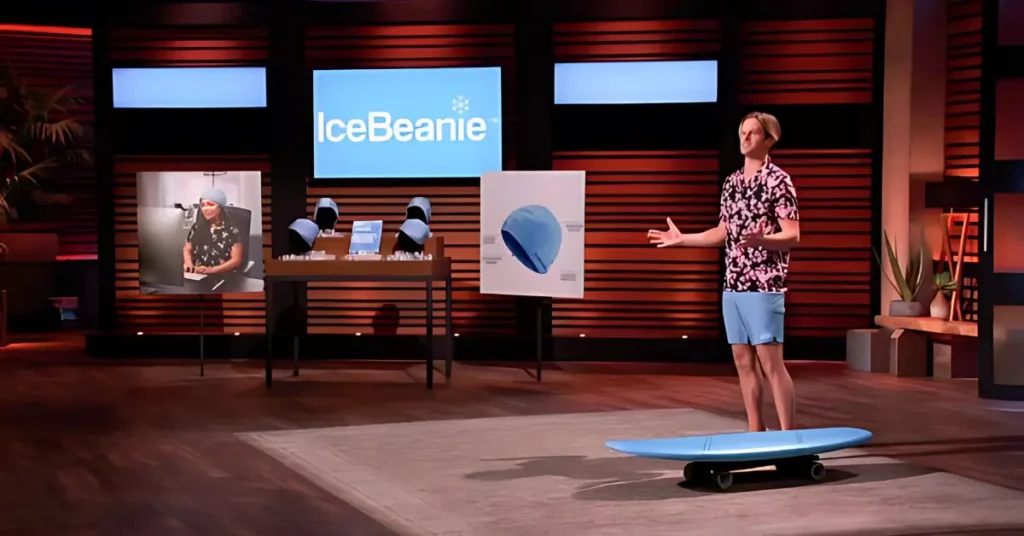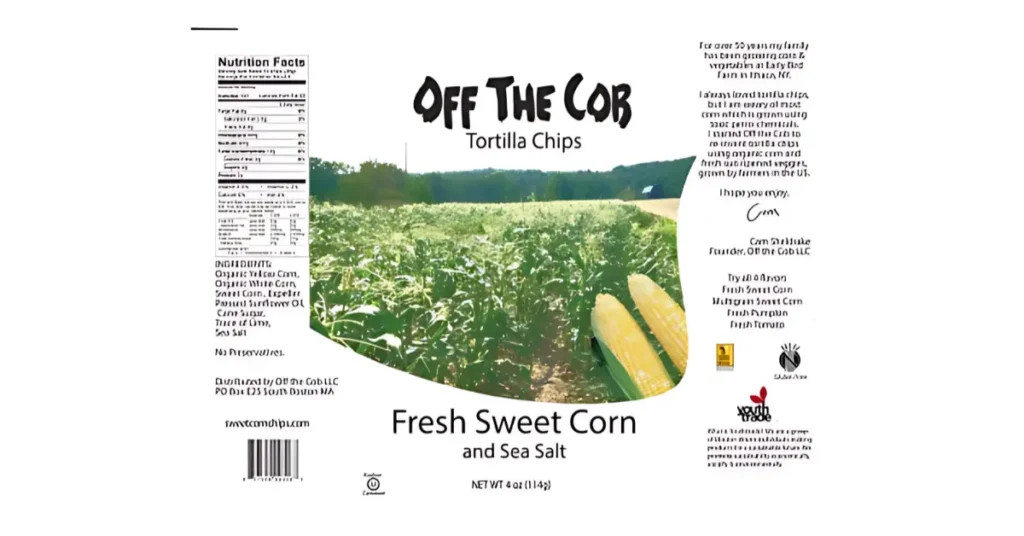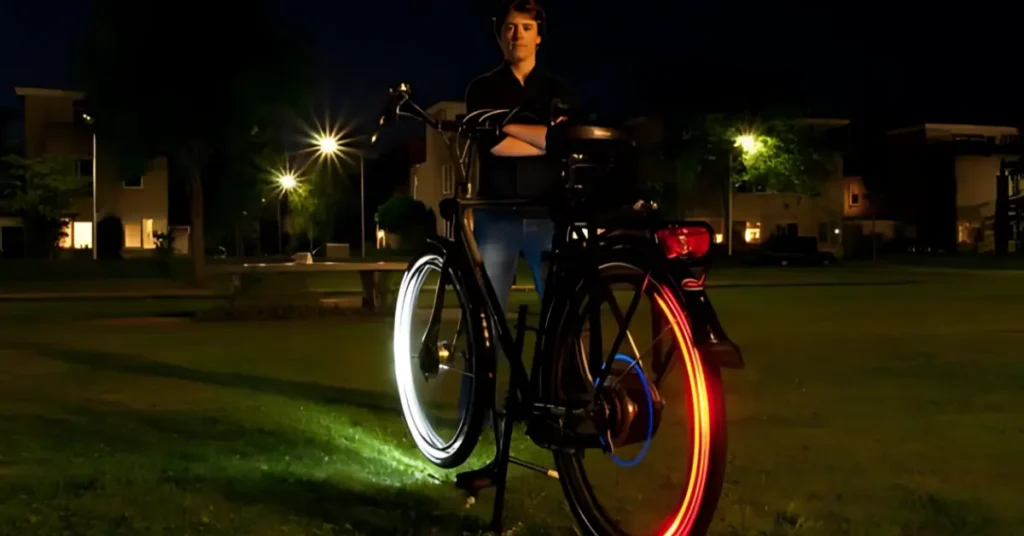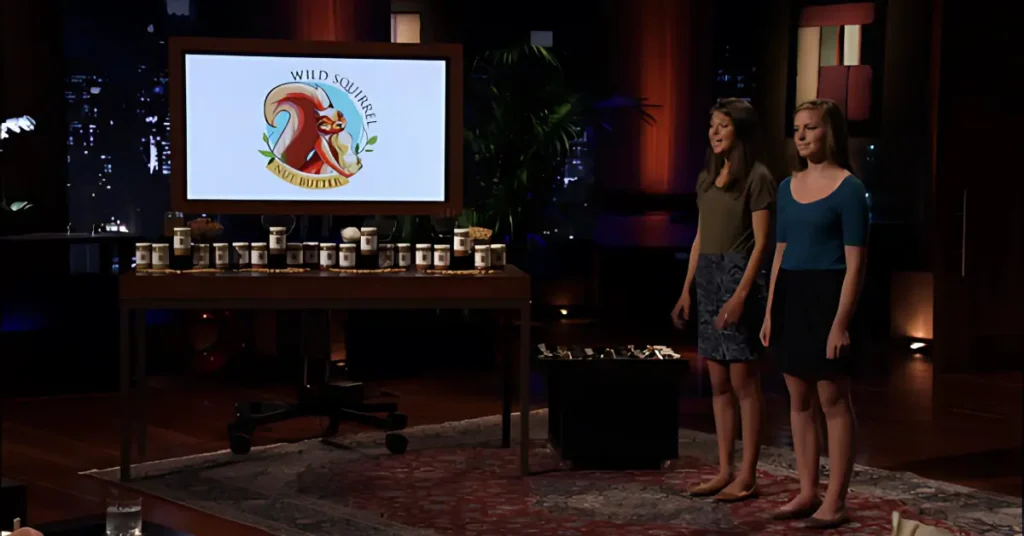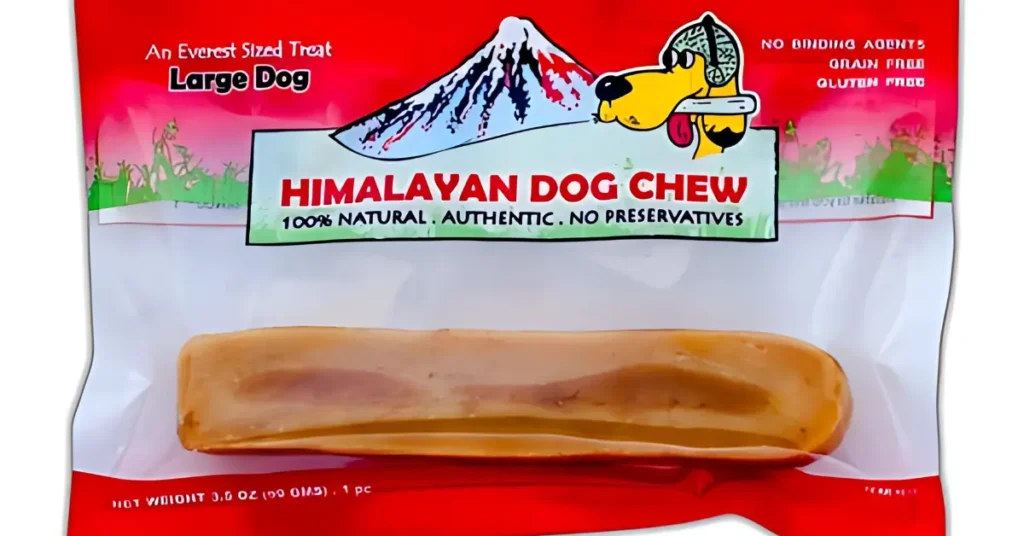Hatch Baby, a smart changing pad designed to track an infant’s health metrics, originally gained attention on Shark Tank in Season 7. Founded by Dave Weiss and Ann Crady-Weiss, Hatch Baby aimed to solve the common anxiety new parents face by providing real-time data on their baby’s growth and development. The product, which connected to a smartphone app, offered features like tracking weight, sleep patterns, feeding, and more.
The founders pitched their product to the Sharks in exchange for $250,000 for 2.5% equity in their company, valuing it at $10 million at the time. Despite the pitch’s appeal and the promise of helping parents monitor their infants’ growth with precision, Chris Sacca ultimately struck a deal with them for $250,000 for 25% equity.
Table of Contents
ToggleHatch Baby Net Worth: The Success After Shark Tank
Since its appearance on Shark Tank, Hatch has grown significantly in both product offerings and financial success. With its shift from a smart changing pad for infants to a broader wellness brand, Hatch’s net worth has risen steadily over the years.
As of 2022, Hatch Baby was valued at approximately $36.5 million, bolstered by an investment from Amazon. By 2024, the company reported $6.9 million in annual revenue and lifetime sales of $140 million. These numbers reflect Hatch’s success in creating a sustainable business with its evolving product line that caters to both babies and adults.
In 2025, Hatch’s estimated net worth is approximately $40 million, demonstrating consistent growth and an expanding market presence. With innovative products like Rest, Restore, and Hatch+, the company continues to thrive in the competitive baby tech and wellness industry.
The Future Outlook
Chris Sacca’s initial investment in Hatch was just the beginning. The company’s strong market position, solid financial performance, and expanding product line give it a promising outlook for further growth. As Hatch continues to innovate and expand its offerings, its trajectory points toward continued success, possibly even reaching the billion-dollar mark in the years to come.
Key Takeaways
- Product Evolution: Hatch Baby started as a smart changing pad for infants but has since expanded into a wellness brand with products like Rest (nightlights for babies), Restore (for adults), and Hatch+ (a subscription service for soothing sounds).
- Shark Tank Deal: In Season 7, Hatch Baby secured a deal with Chris Sacca for $250,000 for 25% equity, despite skepticism from the other Sharks about the product’s high price point and lack of sales.
- Financial Growth: Hatch Baby has grown into a successful company, achieving $6.9 million in annual revenue and $140 million in lifetime sales by 2024.
- Valuation and Net Worth: Hatch’s valuation in 2022 was $36.5 million after an investment from Amazon, with an estimated net worth of $40 million in 2025.
- Expansion and Success: The brand has expanded its product line, incorporated features like Alexa integration, and tapped into the broader wellness and sleep aid market. Its future looks promising, with the potential for even greater growth in the coming years.
Overview of Hatch Baby’s Journey and Success
| Category | Details |
|---|---|
| Company Name | Hatch (formerly Hatch Baby) |
| Founders | Dave Weiss, Ann Crady-Weiss |
| Industry | Baby Products, Wellness, Technology |
| Original Product | Smart changing pad with app integration |
| Investment Received | $250,000 for 25% equity from Chris Sacca |
| Shark Tank Appearance | Season 7, Episode 707 |
| Product Evolution | Expanded to include Rest (nightlight), Restore (adults), Hatch+ (subscription) |
| 2024 Annual Revenue | $6.9 million |
| Lifetime Sales | $140 million |
| Valuation (2022) | $36.5 million |
| Estimated Net Worth (2025) | $40 million |
| Key Investors | Amazon (investment in 2019 as part of Alexa’s Baby Skill Activity API) |
| Future Outlook | Expanding product line, potential for billion-dollar valuation |
The Product: Smart Changing Pad for Parents
The Hatch Baby changing pad was marketed as a “FitBit for infants,” allowing parents to monitor critical milestones without the constant worry of doctor visits. The product’s integration with a smartphone app provided detailed insights into an infant’s weight, sleep schedule, feeding frequency, and even diaper changes.
Initially, Hatch Baby sold for $299, with a production cost of around $89 per unit. It was built with high-quality materials, including machine-washable polyester microfiber and BPA-free plastic. The device was powered by four “C” batteries, making it both convenient and eco-friendly.
Shark Tank Recap: The Pitch
When Dave and Ann entered the Tank, they shared their personal story of dealing with anxiety over their newborn’s health and development, a story that many parents could relate to. However, their $10 million valuation raised doubts among the Sharks. The company had no sales yet, and the product’s $300 price tag was considered high for what was essentially a smart scale.
Mark Cuban was the first to bow out, citing a lack of belief in the market for the product. Robert Herjavec followed suit, pointing out that past success in other ventures did not guarantee success with this product. Lori Greiner thought the price didn’t justify the product, and Kevin O’Leary echoed similar concerns. Even Chris Sacca, despite his interest in tech-driven baby products, hesitated at first, thinking the product might not be investable at its prototype stage. However, Ann’s persistence paid off, and Chris offered them a deal.
The Deal: Partnership with Chris Sacca
Ultimately, the founders reached a deal with Chris Sacca, who agreed to invest $250,000 for 25% equity in Hatch Baby. Chris, known for his investments in companies like Twitter and Uber, saw the potential for Hatch Baby in the growing market of connected baby products.
Hatch Baby Post-Shark Tank: Growth and Expansion
Rebranding and New Product Lines Since appearing on Shark Tank, the company has undergone significant changes, including a rebranding to just “Hatch”. The founders expanded their product line beyond the original smart changing pad, focusing on creating additional sleep aids for both babies and adults.
Some of the standout products include:
- Hatch Rest: A multi-functional, app-controlled nightlight with sound options for babies. This product features multiple models, from a basic white noise machine to a more advanced version with a clock and voice control.
- Hatch Restore: A similar concept but designed for adults. It includes a sound machine, sunrise alarm, meditation features, and even smart lighting.
The Hatch Ecosystem and Expansion into New Markets Hatch continued to innovate with the introduction of Hatch+, a subscription service offering a library of soothing sounds to be played through their devices. Additionally, Hatch Rest Go, a portable version of the nightlight, was introduced for on-the-go soothing. These products expanded Hatch’s reach beyond infant care to encompass a wider audience, tapping into the wellness and sleep aid market.
Financial Success and Growth
Hatch’s strategic moves have paid off, as evidenced by its significant financial growth:
- $6.9 million in annual revenue (as of 2024)
- $140 million in lifetime sales (as of 2024)
- A valuation jump to $36.5 million after an undisclosed investment by Amazon in 2019, as part of its Baby Skill Activity API initiative.
The company’s success is a testament to the adaptability of Hatch’s products and its ability to evolve in response to market demands. Hatch now offers a range of products that continue to build on the foundation laid by the original smart changing pad.
Conclusion
Since securing the deal with Chris Sacca, Hatch has grown from a niche product into a successful brand with an expanding line of sleep and wellness solutions. The company’s evolution into a broader market segment demonstrates its staying power and appeal, not just to new parents but to anyone seeking better sleep or relaxation aids.
As of 2024, Hatch continues to thrive in the highly competitive baby tech market and remains a leader in providing connected products that offer value and peace of mind to parents. With continued innovation, expansion, and a focus on user-friendly technology, Hatch is poised for continued success.
Bisma
